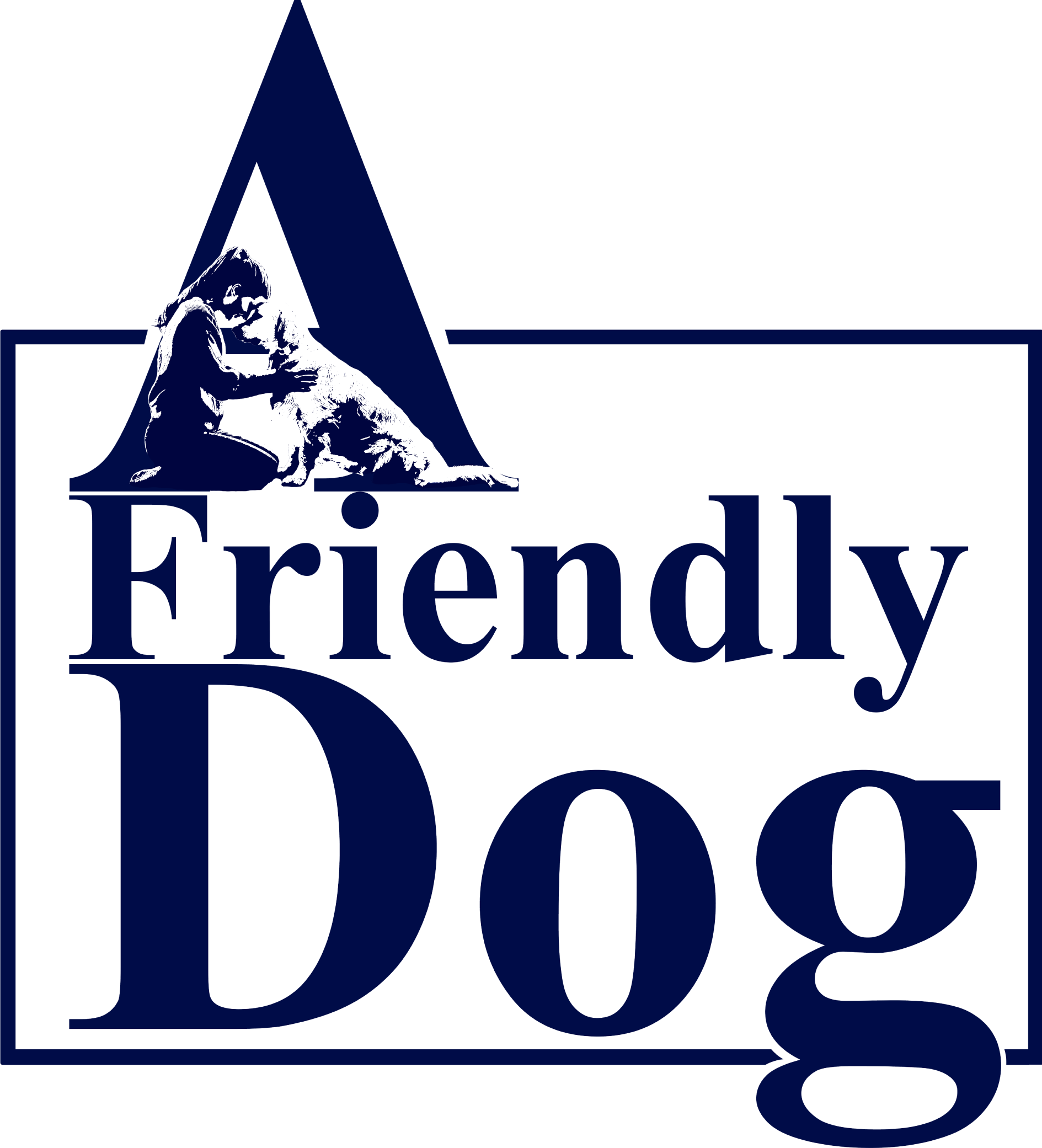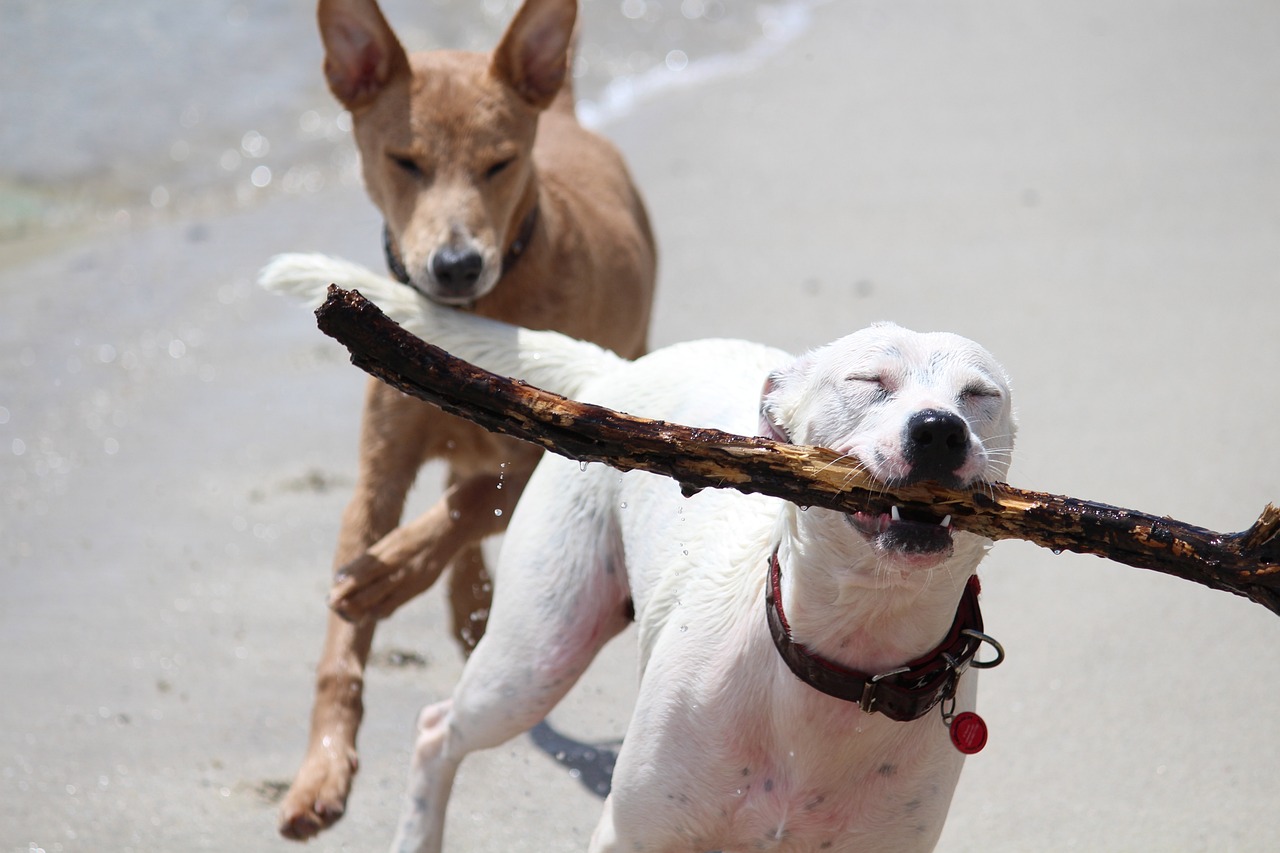As part of a comprehensive treatment plan, holistic therapies have the potential to enhance the dog’s quality of life when combined with conventional medical treatment. There is a wide range of holistic options available for treating cancer in dogs. Typically, holistic cancer treatments are used in conjunction with conventional therapies.
Your veterinarian can assist you in determining the most suitable treatment based on your dog’s specific cancer and medical history. CBD and hemp-based products can provide relief from the adverse symptoms that your dog may experience as a result of their cancer or conventional cancer treatment. Currently, there are no FDA-approved CBD products for dogs. It is crucial to discuss the advantages, disadvantages, and potential risks before incorporating these supplements into your pet’s treatment regimen.
Supplements can offer your dog a boost of beneficial compounds. A multivitamin can ensure that your dog’s nutritional requirements are met, especially if they are having difficulty eating due to their cancer or cancer treatment. Traditional Chinese Veterinary Medicine (TCVM) has been practiced for thousands of years and can now be utilized to assist companion animals. It encompasses the use of herbs and herbal formulas, acupuncture, and massage.
Certain herbs can be administered to dogs for their immune-boosting or anti-inflammatory properties. Acupuncture can stimulate your dog’s central nervous system, while massages can alleviate anxiety and physical pain. Medicinal mushrooms contain compounds that can stimulate the immune system and inhibit tumor growth.
In a study conducted on canine hemangiosarcoma, dogs that received a high dosage of turkey tail mushrooms (Coriolus versicolor) exhibited longer survival times compared to dogs undergoing chemotherapy. A well-balanced diet that is rich in highly digestible proteins and fats and has high caloric density can aid in the fight against cancer in dogs. It is recommended to include immune-boosting components like omega-3 fatty acids, vitamins E and C, and probiotics in the diet. Seek advice from a certified veterinary nutritionist who can assist in creating a diet that caters to your dog’s requirements.

